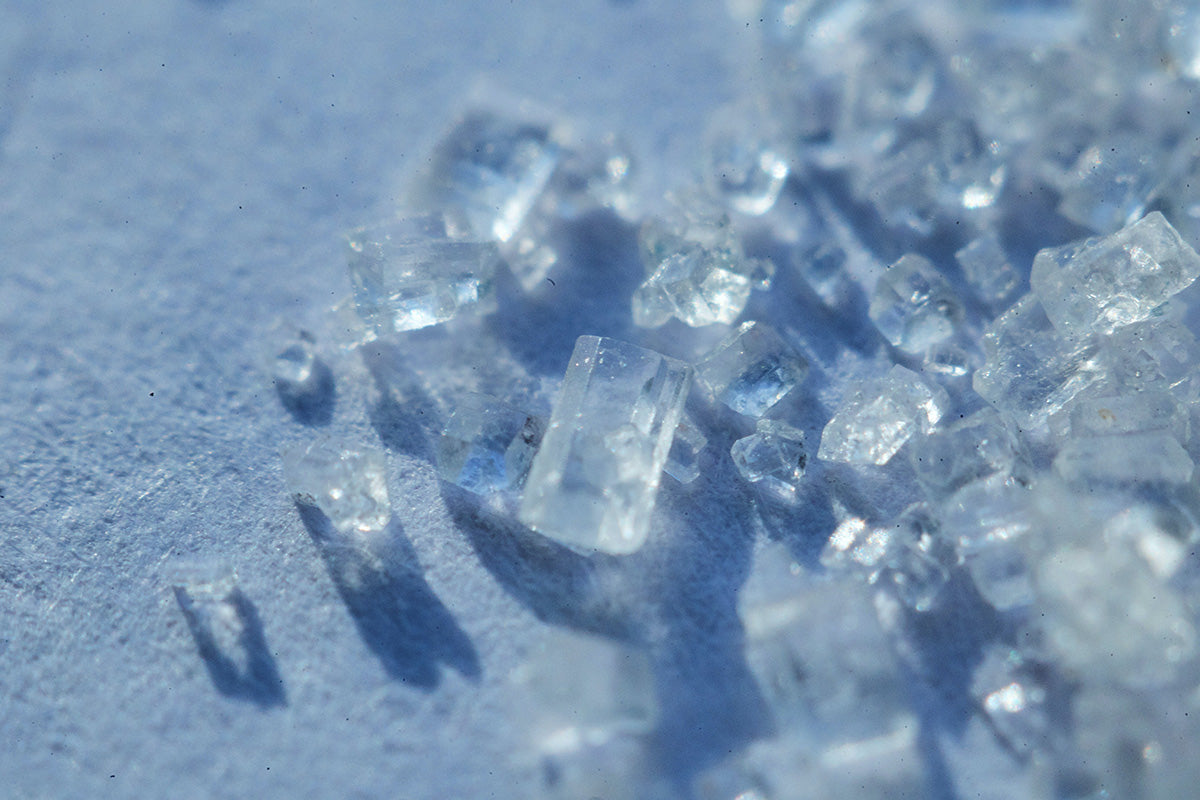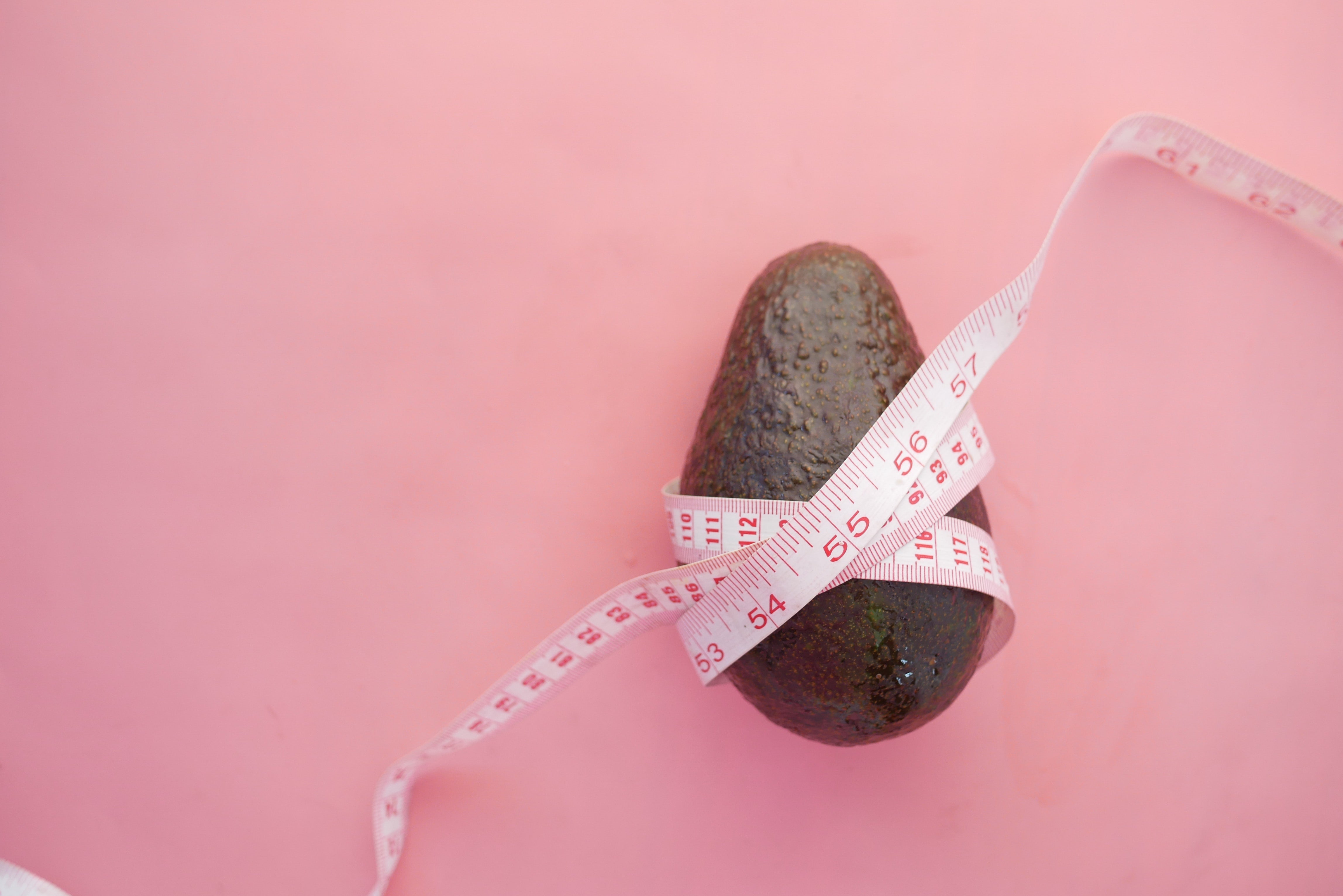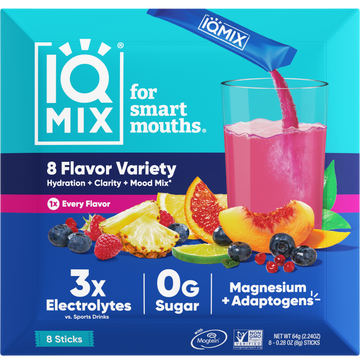Whether you’re a long-time keto enthusiast or a keto beginner, you’ve likely come across the term “dirty keto” (aka, lazy keto). Dirty keto refers to a version of the keto diet that disregards the quality of food consumed. Think a bunless fast food cheeseburger with a side of pork rinds washed down with a diet soda.
It’s the opposite of “clean keto,” which emphasizes deriving energy from nutrient-dense whole foods abundant in essential nutrients. For those concerned about their long-term health, it’s crucial to differentiate between these two keto approaches. In this guide, we aim to help you do exactly that.
What Is the Keto Diet?
Before diving into dirty vs. clean keto, let’s first establish a clear understanding of the ketogenic diet. The keto diet is a high-fat, low-carb diet that aims to shift the body’s primary source of energy from carbohydrates to fats. On a typical keto diet, you consume about 60-70% of your calories from fat, 20-30% from protein, and only 5-10% from carbohydrates.
By drastically reducing carbohydrate intake and increasing fat consumption, the body enters a metabolic state called ketosis. In ketosis, the liver converts fats into ketone bodies, which are then used as fuel. This shift in metabolism has been associated with various health benefits, including weight loss, more stable energy, reduced need for insulin in those with diabetes, improved brain health, and reduced hunger.[*][*][*][*]
What Is Dirty Keto?
Dirty keto, as the name suggests, is a less-than-ideal version of the ketogenic diet, focusing solely on maintaining a low-carb, high-fat macronutrient ratio without considering the quality of the foods consumed. While it may still lead to weight loss, this approach can have potential drawbacks for your long-term health.
The Drawbacks of Dirty Keto
Dirty keto has earned its name for a reason: it represents a less-than-ideal approach to eating. Here’s why.
#1: Inflammatory vegetable oils
On a keto diet, you consume most of your calories from fat, however, the type of fat you eat is up to you. A dirty keto diet includes many processed foods, which tend to contain high amounts of vegetable oils, including soybean oil, safflower oil, sunflower oil, peanut oil, cottonseed oil, corn oil, and canola oil.
While consuming small amounts of linoleic acid is necessary and healthy, excessive consumption is believed to significantly contribute to inflammation.[*] And chronic inflammation has been connected to various health issues, from obesity to heart disease.[*]
#2: Micronutrient deficiency
Dirty keto focuses primarily on maintaining the low-carb, high-fat macro ratio, often at the expense of food quality. That means processed and nutrient-poor foods are frequently consumed, while nutrient-rich foods like non-starchy vegetables are tossed aside. As a result, those eating dirty keto usually don’t get enough vitamins and minerals.
Micronutrient deficiency is harmful because these nutrients play a critical role in maintaining optimal bodily functions, such as immune system support, energy production, and cellular repair.
#3: Lack of fiber
Since those eating a dirty keto diet tend to eat more junk food and less veggies, lack of fiber is a natural consequence.
A lack of fiber can be detrimental to one’s health for several reasons:[*]
- Digestive health: Fiber plays a crucial role in maintaining a healthy digestive system, preventing constipation, and promoting regular bowel movements.
- Blood sugar control: Fiber helps slow down the absorption of sugar in the bloodstream.
- Weight management: Fiber-rich foods tend to be more filling, promoting a feeling of fullness and helping to control appetite. A diet low in fiber may lead to overeating and weight gain.
- Heart health: Consuming sufficient fiber, especially soluble fiber, has been linked to a reduced risk of heart disease by helping to lower LDL (bad) cholesterol levels.
What Is a Clean Keto Diet?
Clean keto is a healthier and more sustainable approach to the ketogenic diet that prioritizes food quality, nutrient density, and overall wellness. Here’s how clean keto differs from dirty keto:
- Whole, unprocessed foods: Clean keto focuses on consuming whole, unprocessed low-carb foods and avoids heavily processed, packaged, and artificial ingredients. By choosing whole foods, you can ensure that your diet is rich in essential nutrients, antioxidants, and phytonutrients that support optimal health.
- Healthy fats: Clean keto prioritizes healthy fats from sources like avocados, olive oil, coconut oil, and grass-fed butter. These fats are rich in omega-3 fatty acids, monounsaturated fats, and other beneficial nutrients that promote heart health and reduce inflammation, unlike the inflammatory vegetable oils often found in dirty keto diets.[*]
- Adequate fiber intake: Clean keto places importance on including fiber-rich foods, such as leafy greens, nuts, seeds, and low-carb vegetables, which support digestion, blood sugar control, and heart health.
So, what does a clean meal look like? Examples are a piece of salmon with a side of buttered broccoli, a veggie-packed salad with chicken, or a cheese and veggie omelet.
Are Any Processed Foods Allowed on Clean Keto?
While clean keto primarily emphasizes whole, unprocessed foods, it is important to note that not all processed foods are inherently unhealthy. In fact, certain packaged foods can be included in a clean keto diet, as long as they are consumed in moderation and made with high-quality, clean ingredients.
One example of a healthy processed food suitable for clean keto is IQBAR, a vegan, keto-friendly, and low-sugar protein bar. IQBAR is made with clean ingredients like almonds, pea protein, low-sugar fruit, and coconut oil. Such products can be a convenient and nutritious addition to your clean keto diet, especially when you need a quick, on-the-go snack or a post-workout boost.
When incorporating processed foods into your clean keto lifestyle, consider the following tips:
- Read the ingredients list: Check the ingredient list for any artificial additives, preservatives, or unhealthy fats. Opt for products with recognizable, clean ingredients that align with your dietary goals.
- Check the nutrition label: Look for low-sugar, high-fiber, and nutrient-dense options that fit within your keto macronutrient ratios.
- Consume in moderation: Even with healthier processed food options, it’s essential to consume them in moderation and not rely on them as your primary food source. A balanced, clean keto diet should still consist primarily of whole, unprocessed foods.
Ready to give IQBAR a try and experience a delicious, clean, keto snack? Explore our wide variety of flavors, including Lemon Blueberry, Almond Butter Chip, Banana Nut, Chocolate Sea Salt, and more!
It’s time to say goodbye to dirty keto foods and embrace a cleaner approach to keto!
Written by Katie Koschalk, a health and wellness writer, certified holistic nutritionist, and certified personal trainer based in California.




